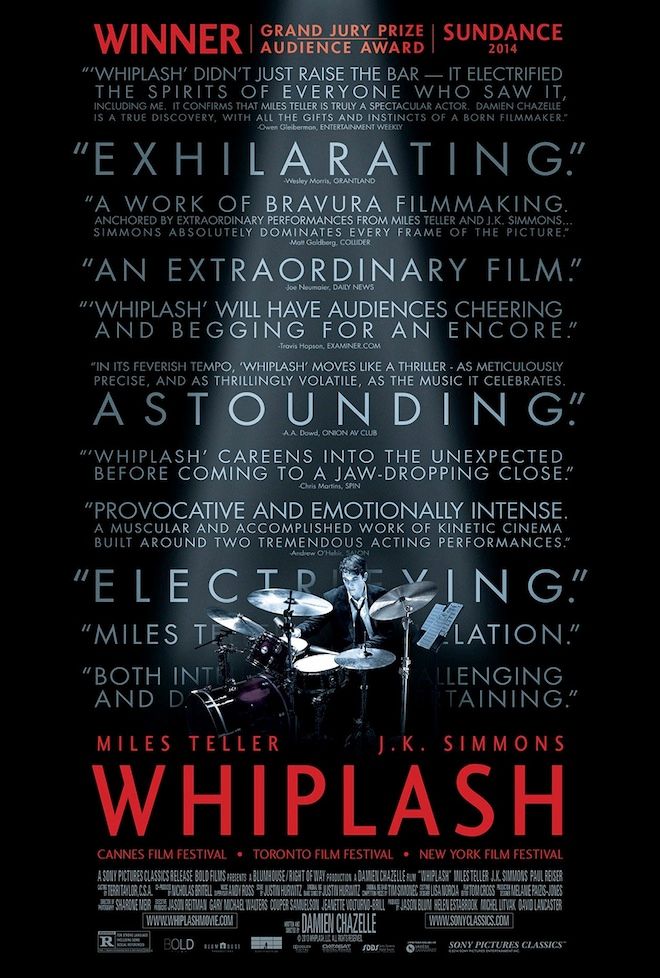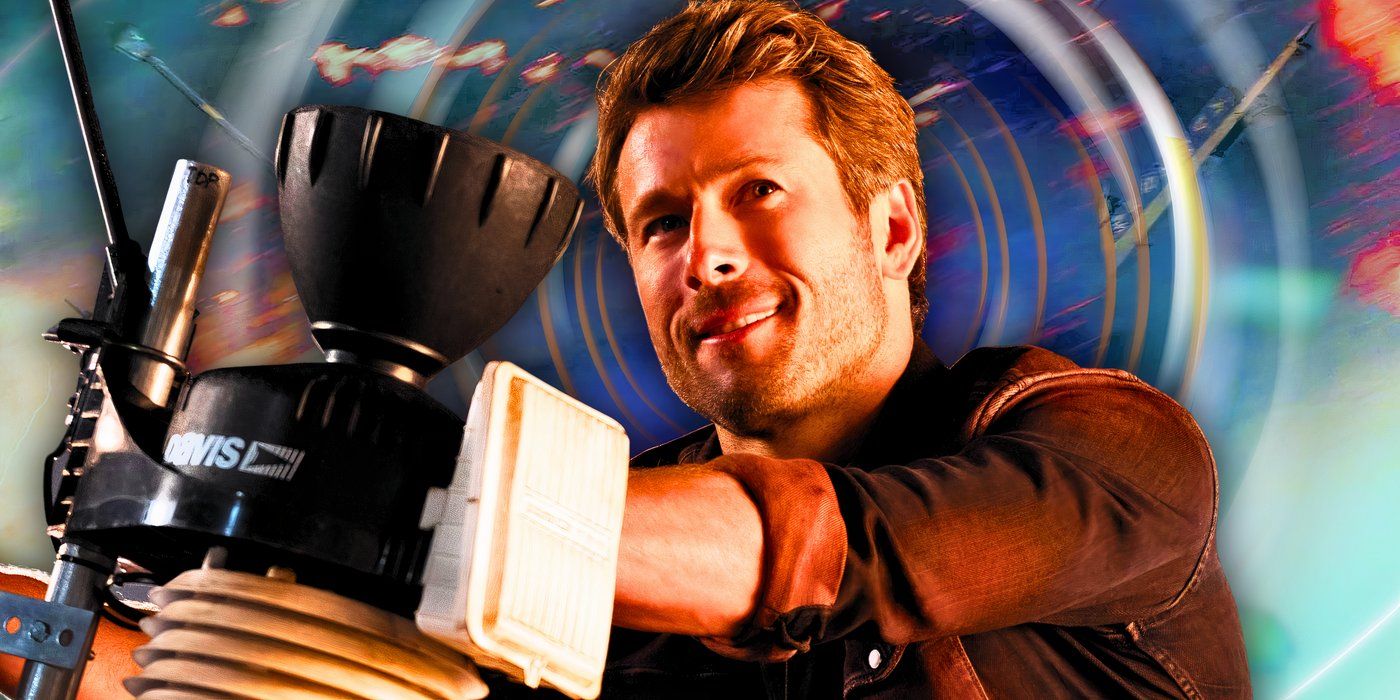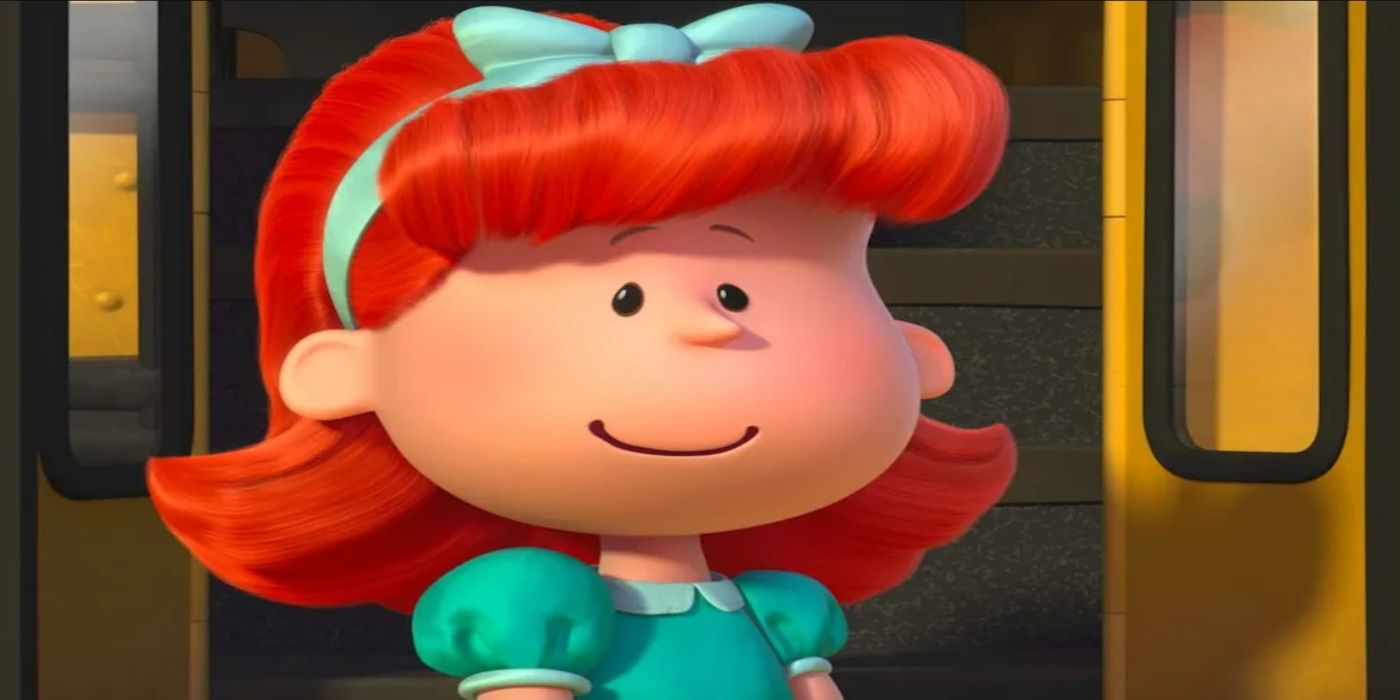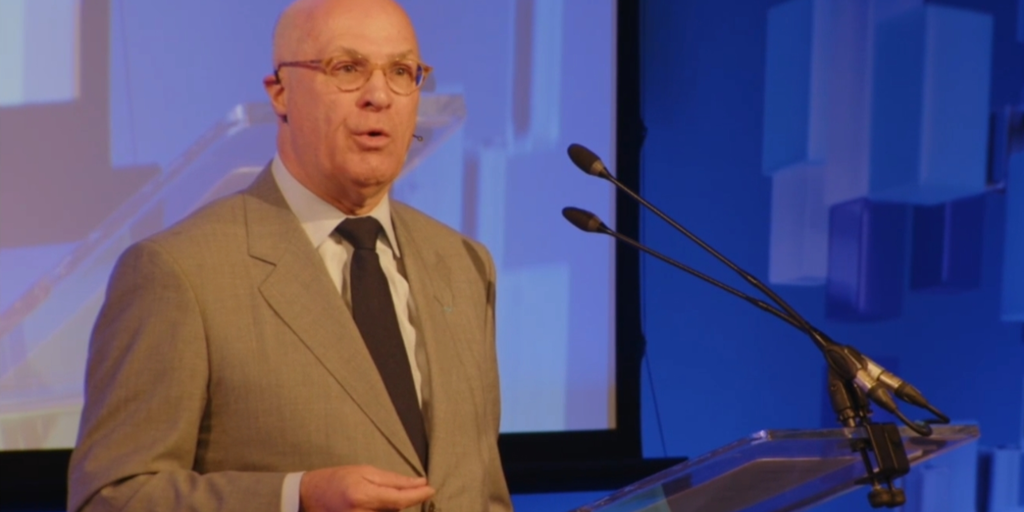With its intense exploration of the world of jazz, many fans wonder if Whiplash is based on a true story. Whiplash tells the story of a young music student who aspires to be a professional jazz drummer and his cruel teacher who consistently pushes him (and the other students) to the edge. Damien Chazelle, the mind behind multiple critically acclaimed movies, including La La Land, First Man, and Babylon, directed and wrote Whiplash, and addressed the possibility of the movie being based on a true story.
With Miles Teller's Andrew acting as the audience surrogate, the movie explores the intense, exciting, and terrifying world of jazz musicians attempting to prove themselves worthy of the music they play. However, while achieving talent in jazz is a daunting task, it is made even more so by the brutal methods of Fletcher (JK Simmons), the overbearing, abusive, and demanding teacher. With the movie offering such a harrowing glimpse into toxic artistic relationships and the pursuit of perfection, the questions about Whiplash being inspired in fact are understandable.
Whiplash Is Not Technically Based On A True Story
All Characters In Whiplash Are Fictional
During an interview with The Hollywood Reporter in 2014, director Damien Chazelle revealed that Whiplash is (technically) not based on a true story. Andrew Neiman and Terence Fletcher are not real people, and neither are the rest of the characters in the independent film. Plus, the school that Andrew attends and that Terence teaches at — Shaffer Conservatory — is not a real institution in New York City. Despite the people and places in Whiplash being completely fictitious, Chazelle was inspired by his own life to write the script for the 2014 movie.
Andrew Neiman Is Inspired By Damien Chazelle's Experiences In His High School Jazz Ensemble
Chazelle Also Had An Abusive Teacher
Andrew Neiman is not a real person, but his character in Whiplash was inspired by Damien Chazelle's experience as a jazz drummer in the Princeton High School Band at Princeton High School in Princeton, New Jersey. Before deciding he wanted to pursue a movie career, the filmmaker was a music prodigy, and he even continued playing the drums when he attended Harvard University in the 2000s. However, by that point, Chazelle was convinced that he did not have what it took to be a professional musician, so he majored in film, and the rest is history.
While Andrew was semi-based on Chazelle, Andrew's teacher, Terence Fletcher, was inspired by the director's high school band instructor. Like Fletcher, Chazelle's teacher was abusive and ruthless, and he often screamed and tormented him during practice. Chazelle revealed (via Vulture):
“I was in a very competitive jazz band that toured around the world, and the teacher modeled it after college programs and professional programs. It was a climate of fear and tough love, and I just remember feeling those emotions of anxiety and stress and anguish as a drummer, and I wanted to make a movie about what that felt like.”
Additionally, the scene in Whiplash that features Andrew getting hit by a truck and insisting that he still play at a competition was based on a real accident that Chazelle got into in high school (per The Moveable Fest).
Though It's Not A True Story, How Realistic Is Whiplash?
Whiplash Exaggerates Certain Aspects Of The High-Pressure World
Damien Chazelle drew from his own real-life experiences while also ultimately making a fictional movie. For those unfamiliar with the world of music schools and aspiring jazz musicians, Whiplash presented it as a truly intense and scary situation. However, those who are more familiar with the realities of these experiences did bring up some areas in which Whiplash might stretch reality. Vulture spoke to Julliard professor Mark Sherman about his take on the movie and what felt largely fictional.
The way Andrew bleeds after drumming for so long would be more about his incorrect technique rather than the intensity of his practice.
Sherman suggested that the film touches on elements that exist in music schools and this profession, but that many aspects were exaggerated for dramatic effect. Sherman pointed to the intense extremes Andrew pushes himself when practicing his drumming, suggesting that such techniques don't really produce better drummers, while also noting that the way Andrew bleeds after drumming for so long would be more about his incorrect technique rather than the intensity of his practice.
In the same vein, Sherman insisted that, while these music classes are intense and demanding, the movie made it seem a lot more ruthless than it really is. He even suggested that while there are teachers who cross the line, there aren't truly people like Fletcher in the profession that stick around for very long as he was shocked by how much Fletcher pushed Andrew in the movie. Despite all the faults Sherman found, he noted the real rawness of the ending to Whiplash:
I actually cried at the end, when the kid was kicking ass in the last tune. And the most important thing about that scene is maybe what the band director was trying to get out of all the students from the very beginning — my take on it, at least — which is he’s trying to teach them to be leaders like he is. And at the very end, Miles Teller says, “I’ll cue you.” He’s the leader now.
Sources: The Hollywood Reporter, The Moveable Fest

Whiplash is a drama that delves into the intense relationship between a young jazz drummer and his ruthless music instructor, exploring themes of ambition, perfectionism, and the costs of success.
Director Damien Chazelle
Release Date October 10, 2014
Runtime 107 Minutes









 English (US) ·
English (US) ·